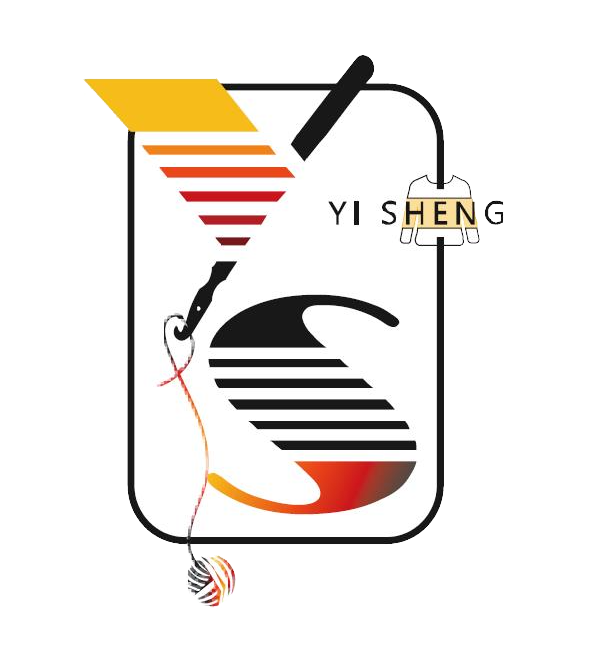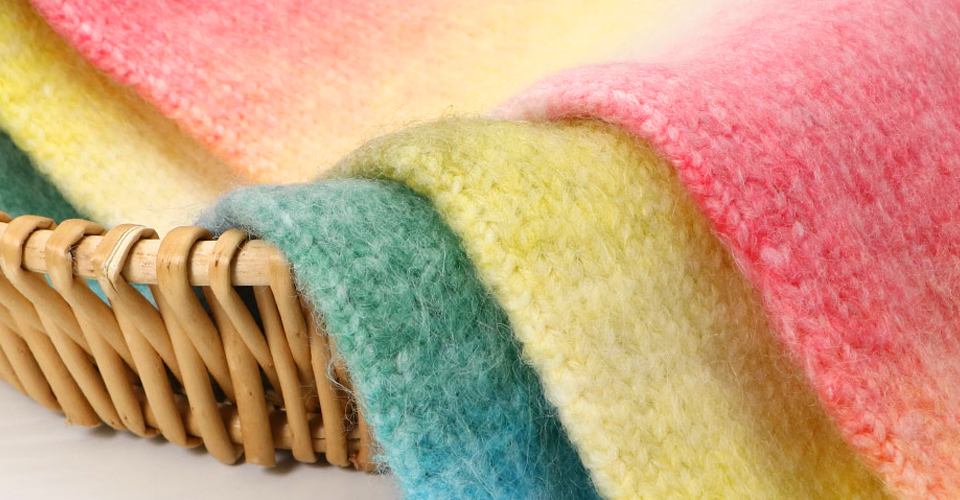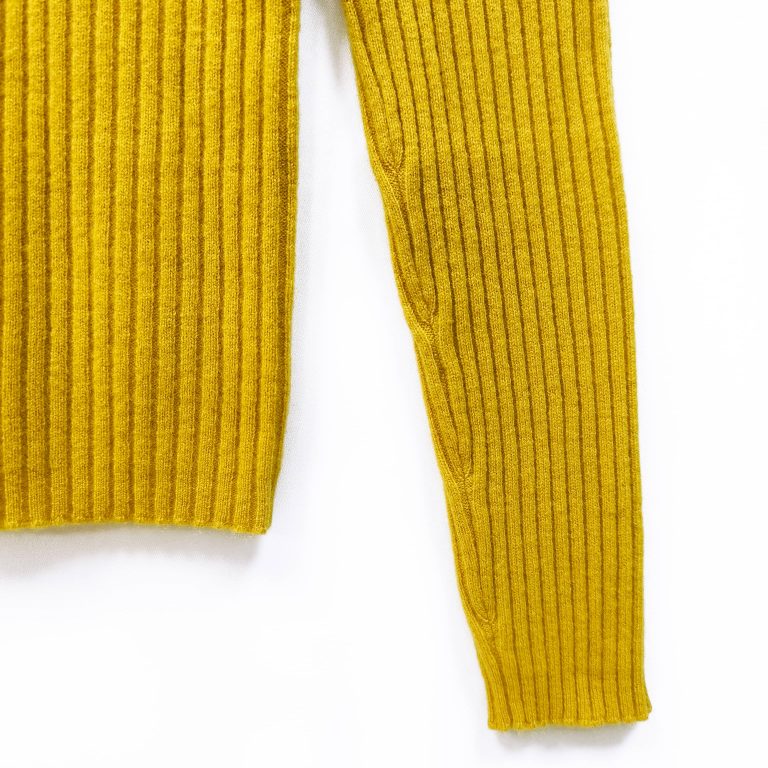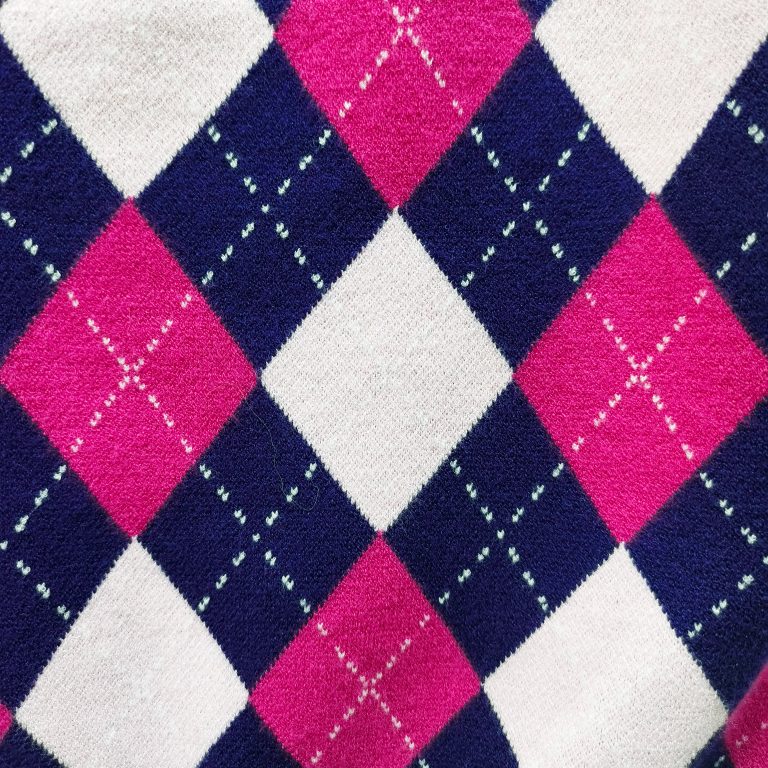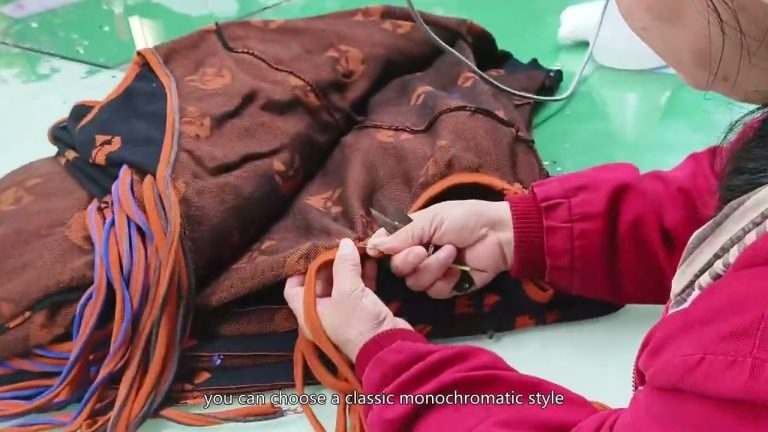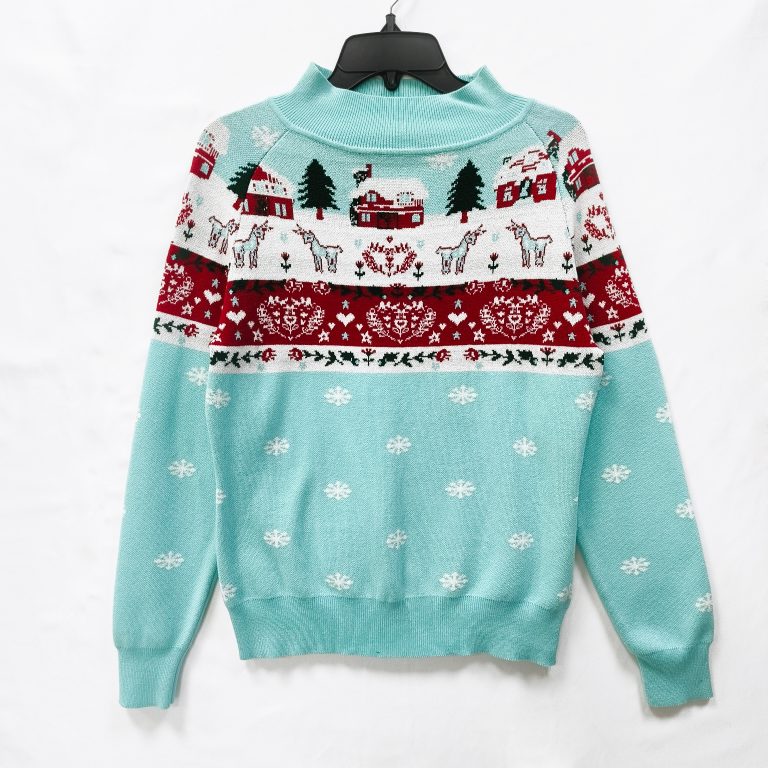The Benefits of Supporting a Local knitwear Producer in Ulverston
When it comes to purchasing knitwear, many people often overlook the benefits of supporting local producers. In Ulverston, a quaint town in Cumbria, there is a thriving knitwear industry that produces high-quality sweaters and other knitwear items. By choosing to support a local knitwear producer in Ulverston, you are not only getting a unique and well-made product, but you are also contributing to the local economy and supporting small businesses.
One of the main advantages of buying from a local knitwear producer in Ulverston is the quality of the products. These producers take pride in their craft and use only the finest materials to create their knitwear items. Whether you are looking for a cozy sweater to keep you warm during the winter months or a stylish cardigan to layer over your outfit, you can be sure that the knitwear produced in Ulverston is of the highest quality.
| ID | Product category | Fabric category | Supply model |
| 1 | hijab knitwear | CHEMICAL | sweater Firm |
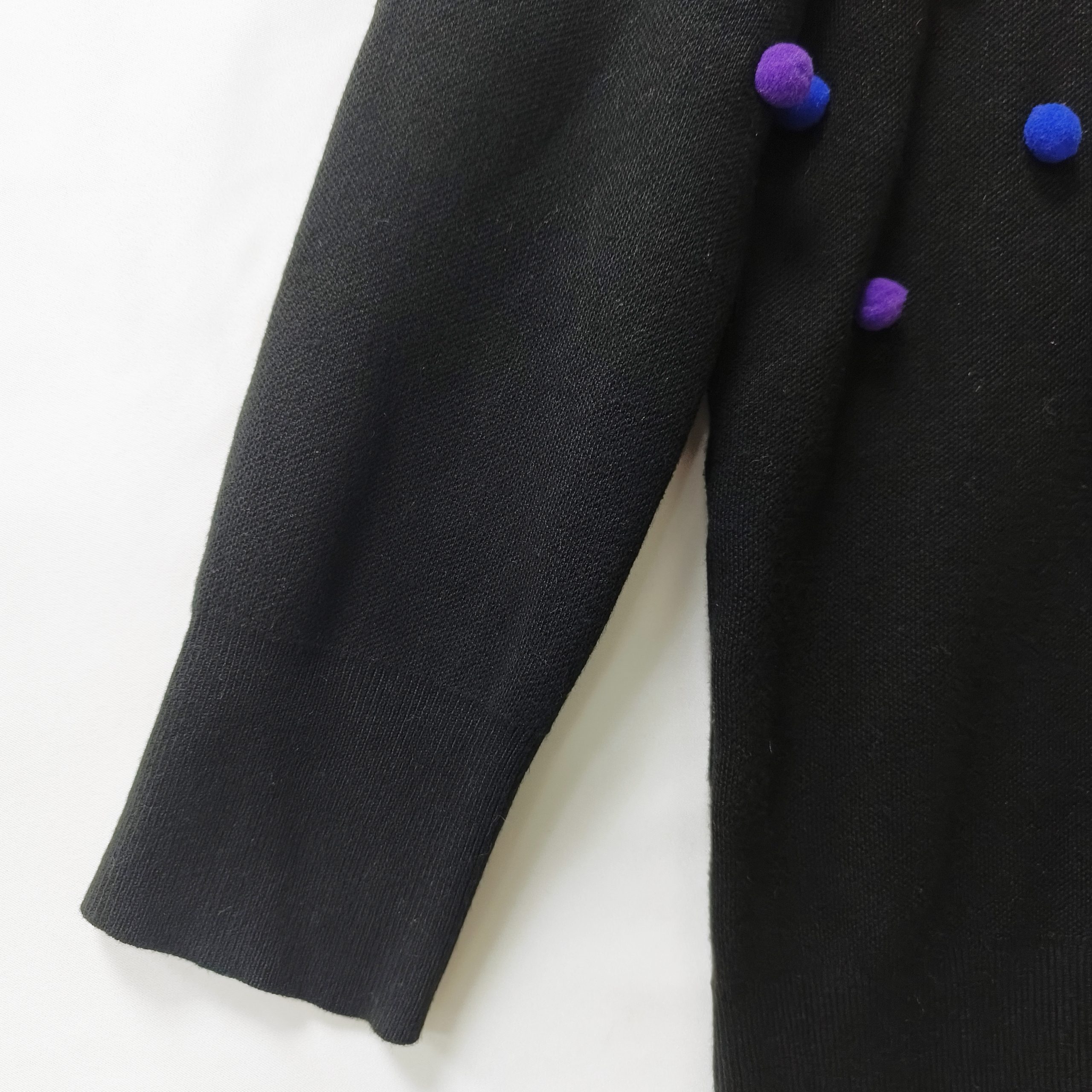
Another benefit of supporting a local knitwear producer in Ulverston is the environmental impact. By purchasing locally made products, you are reducing the carbon footprint associated with shipping items from overseas. Additionally, many local producers in Ulverston use sustainable practices in their production process, such as using organic materials and minimizing waste. By choosing to support these producers, you are making a conscious decision to reduce your environmental impact and support eco-friendly practices.
In addition to the quality and environmental benefits, supporting a local knitwear producer in Ulverston also helps to support the local economy. By purchasing from these producers, you are helping to create jobs and support small businesses in the community. This not only benefits the producers themselves but also has a ripple effect on the local economy, as money spent locally tends to stay within the community and support other businesses.
When it comes to knitwear Production on a larger scale, countries like Bangladesh are known for their sweater factories that produce a wide range of knitwear items for export. These factories often operate on a mass production scale, churning out thousands of sweaters at a time. While this may be more cost-effective for some consumers, it often comes at the expense of quality and ethical production practices.
Many sweater factories in bangladesh have come under scrutiny for their poor working conditions and low wages for employees. In contrast, local knitwear producers in Ulverston often have more transparent and ethical production practices, ensuring that their workers are treated fairly and paid a living wage. By choosing to support a local producer in Ulverston, you can feel good knowing that your purchase is not contributing to unethical labor practices.
In conclusion, there are many benefits to supporting a local knitwear producer in Ulverston. From the high-quality products and sustainable practices to the support of the local economy and ethical production practices, choosing to buy from a local producer has a positive impact on both the consumer and the community. So next time you are in need of a new sweater or knitwear item, consider supporting a local producer in Ulverston and experience the many benefits for yourself.
Sustainable Practices in Sweater Factories in Bangladesh
Knitwear production is a booming industry in Ulverston, with many factories dedicated to creating high-quality sweaters for consumers around the world. However, when it comes to sustainable practices, Bangladesh is leading the way in the sweater manufacturing industry.
One of the most common types of sweater factories in Bangladesh is the vertically integrated factory. These factories handle every step of the production process in-house, from sourcing raw materials to manufacturing the final product. This allows for greater control over the entire supply chain, ensuring that sustainable practices are implemented at every stage.
Another type of sweater factory in bangladesh is the cooperative factory. These factories are owned and operated by the workers themselves, giving them a stake in the success of the business. This model promotes fair labor practices and empowers workers to have a say in the decision-making process, leading to a more sustainable and ethical work environment.
In addition to the types of factories, sustainable practices in sweater factories in Bangladesh also include the use of eco-friendly materials. Many factories are now using organic cotton, bamboo, and recycled fibers in their sweater production. These materials are not only better for the environment but also provide a higher quality product for consumers.
Furthermore, sweater factories in Bangladesh are implementing energy-efficient practices to reduce their carbon footprint. This includes using renewable energy sources such as solar power, as well as implementing energy-saving technologies in their production processes. By reducing their energy consumption, these factories are not only saving money but also helping to protect the environment.
Another key aspect of sustainable practices in sweater factories in Bangladesh is waste management. Many factories have implemented recycling programs to reduce the amount of waste generated during the production process. This includes recycling scrap materials, reusing packaging materials, and properly disposing of any hazardous waste. By minimizing waste, these factories are able to operate more sustainably and responsibly.
Moreover, sweater factories in Bangladesh are also focusing on fair labor practices. Many factories have implemented policies to ensure that workers are paid fair wages, have safe working conditions, and are treated with respect and dignity. By prioritizing the well-being of their employees, these factories are creating a more sustainable and ethical work environment.
In conclusion, sweater factories in Bangladesh are leading the way in sustainable practices within the knitwear industry. By implementing eco-friendly materials, energy-efficient practices, waste management strategies, and fair labor policies, these factories are setting a new standard for sustainability in the production of sweaters. As consumers become more conscious of the environmental and social impact of their purchases, supporting sweater factories in Bangladesh that prioritize sustainability is a step in the right direction towards a more ethical and sustainable fashion industry.
